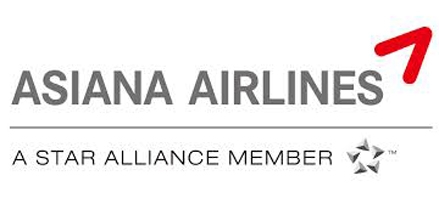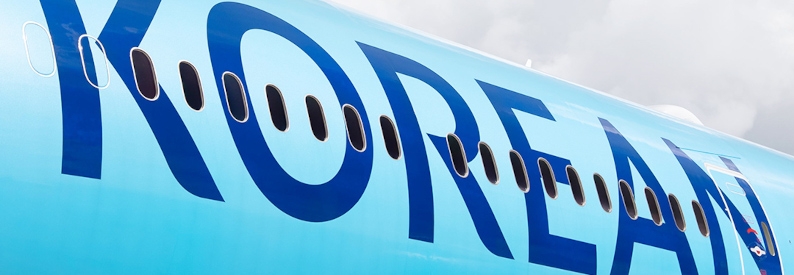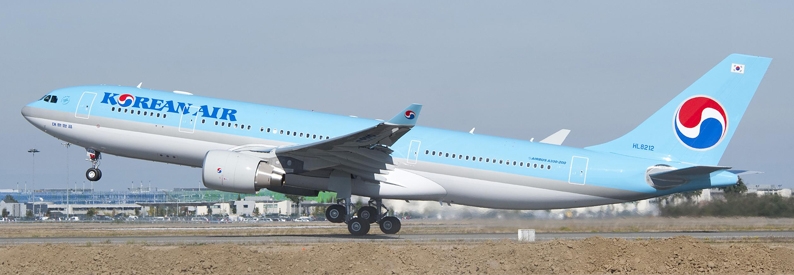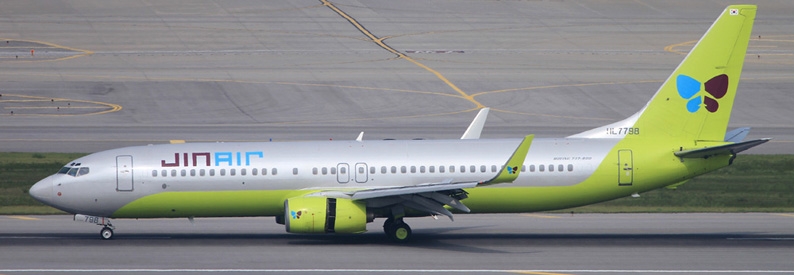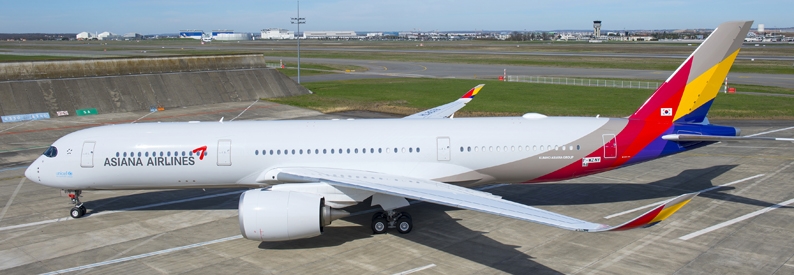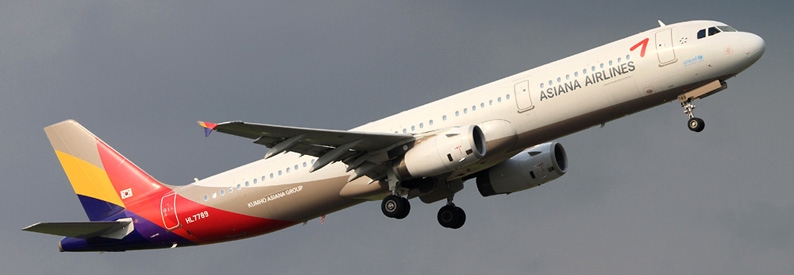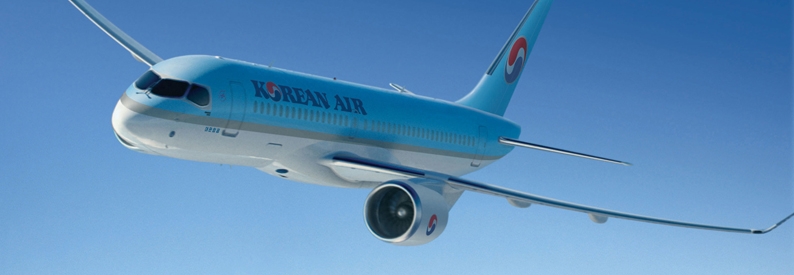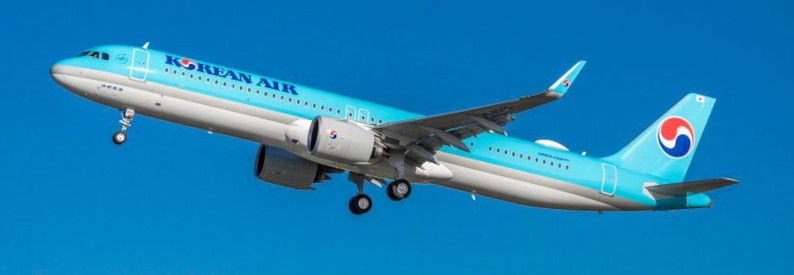Four South Korean carriers have submitted non-binding bids for the cargo arm of Asiana Airlines (OZ, Seoul Incheon), according to Reuters. The airlines submitted their bids to UBS Bank, which is managing the sales process on behalf of the airline, at the end of February. The four interested parties are Jeju Air, Air Premia, Air Incheon, and Eastar Jet.
Asiana is putting its cargo business up for sale as a condition of the European Commission approving its planned merger with Korean Air (KE, Seoul Incheon). The divesture includes Asiana's eleven freighters, associated airport slots, employees and contracts, and it will see Korean Air pay KRW1.8 trillion won (USD1.35 billion) in exchange for a 63.9% stake in the smaller airline. Asiana will use the sale proceeds to pay down its debts.
As a condition of the merger approval, Korean Air and Asiana must submit the details of the proposed buyer of the cargo business to Brussels for final approval. The airlines hope to be ready to do this by October 2024.
The four airlines which submitted non-binding bids are backed by private equity funds, namely VIG Partners at Eastar Jet, JC Partners at Air Premia, Aekyung Group at Jeju Air, and Socius at Air Incheon. Eastar Jet, Air Premia, and Jeju Air are all scheduled low-cost passenger operators while Air Incheon is a dedicated freight operator.
News outlets recently reported that Aero K (RF, Cheongju) was also interested in bidding, but this LCC did not submit a non-binding bid. However, failing to participate in the initial non-binding process does not exclude an interested party from participating in subsequent bidding, and the LCC reportedly still plans to make a binding offer at a later stage. Sale conditions include the potential buyers holding a South Korea-issued air operator's certificate and slots at Seoul Incheon.
Buying Asiana's cargo business will cost the successful bidder over KRW1.5 trillion (USD1.1 billion), which includes taking on Asiana's debts. However, Asiana's air cargo business has the second largest market share in South Korea and generated revenues over KRW1.6 trillion (USD1.2 billion) in calendar 2023.
The merger still needs approval from US antitrust authorities.
- Type
- Base
- Aircraft
- Destinations
- Routes
- Daily Flights
